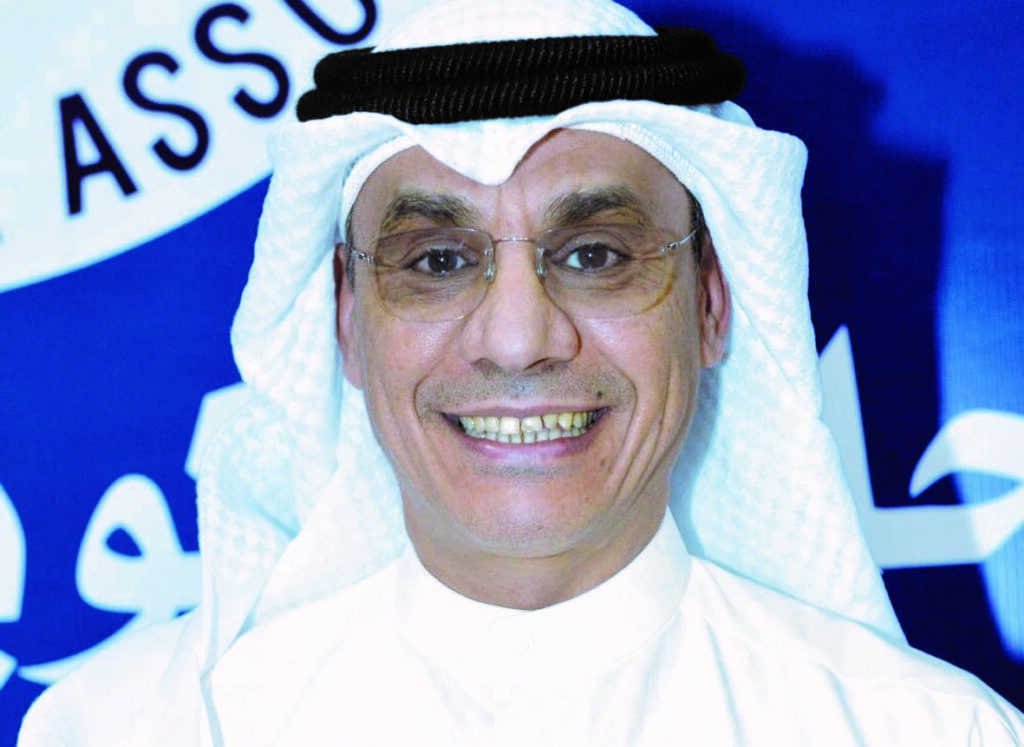08/06/2024
08/06/2024

KUWAIT CITY, June 8: Qayed Al-Adwani, the Secretary General of the Handball Association, discussed the challenging period Kuwaiti sports faced during the suspension, which significantly impacted the performance of clubs and national teams by preventing their participation in international competitions for nearly five years. This suspension “destroyed” the progress of Kuwaiti sports.
He explained that when the ban was lifted, Kuwait found itself at the bottom of world rankings in all sports. Rebuilding teams to compete internationally will take many years, even to reach half the level they once were. Despite these challenges, handball has shown some improvement, and the recent hard work is beginning to yield results, albeit not completely.
Al-Adwani emphasized that current efforts in Kuwaiti sports are due to individual diligence, and much depends on the response to these efforts. He stressed the need for sports specialization, noting that modern sports require a scientific approach, financial investment, and proper facilities to keep pace with global advancements.
He pointed out that clubs are fundamental to sports development, as they attract players and young talents, establishing a scientific sporting foundation that enhances performance levels. Al-Adwani cited the Tennis Federation as an example of successful private sector investment, which created a world-class sports facility, hosted international championships, benefited local players, and generated significant investment income for Kuwaiti sports.
Al-Adwani believes that involving the private sector in sports will lead to development, combining financial resources with sports science to create an advanced sports environment. This approach can form teams capable of representing Kuwait internationally.
He argued that sports should be a “state project,” built on scientific and sports foundations, with the private sector as a key partner. He highlighted the lack of dedicated facilities for the Handball Federation, one of the most successful collective federations, which currently relies on the outdated Daiya headquarters and the non-owned Sabah Al-Salem headquarters. He called for government involvement in sports projects, similar to developed countries, to attract commercial interest through international tournaments, effectively marketing the country.
Al-Adwani expressed optimism about the new era under the leadership of His Highness the Amir Sheikh Mishal Al-Ahmad Al-Jaber Al-Sabah and His Highness the Crown Prince Sheikh Sabah Al-Khaled Al-Hamad. He hopes the government will show greater interest in sports, viewing it as an investment that can generate new financial income for the country. He believes that with the right resources, including privatization of sports, high-quality facilities, and private sector involvement, Kuwait can create a global sports presence and surpass previous achievements.
Mishal Al-Qabandi, a member of the Association, highlighted the importance of developing sports from various aspects, including the technical, administrative, financial, and legal fields. He emphasized that successful sports facilities require specialized departments to ensure their effectiveness, positively impacting the overall level of the sport.
Al-Qabandi also pointed out the need for modern communication between sports institutions and the government. He criticized the reliance on paper correspondence, which delays tournament preparations and deters Arab, Gulf, continental, and international federations from organizing tournaments in Kuwait. He advocated for the adoption of electronic correspondence to ensure timely tournament organization and readiness of sports facilities.


